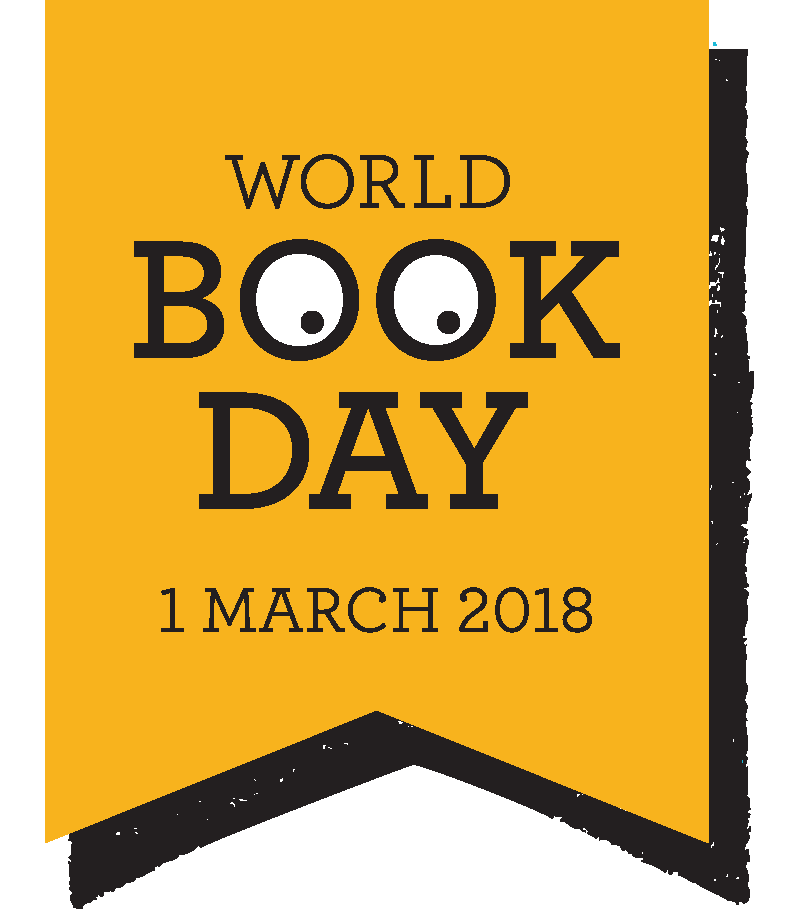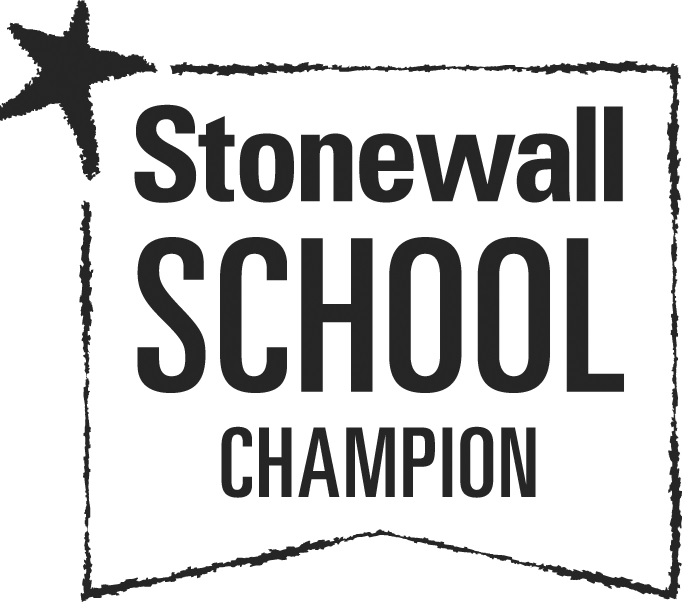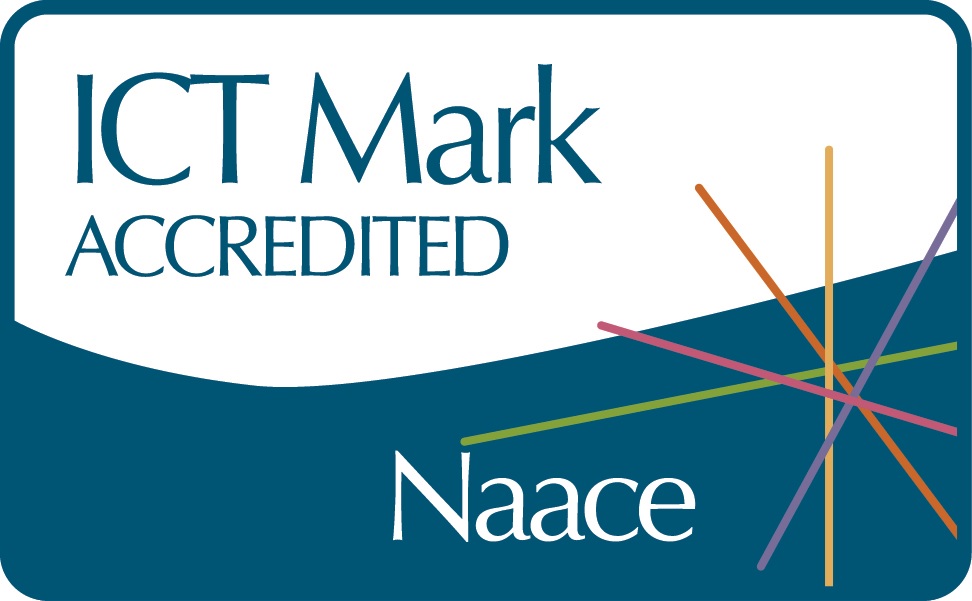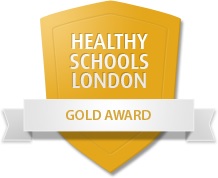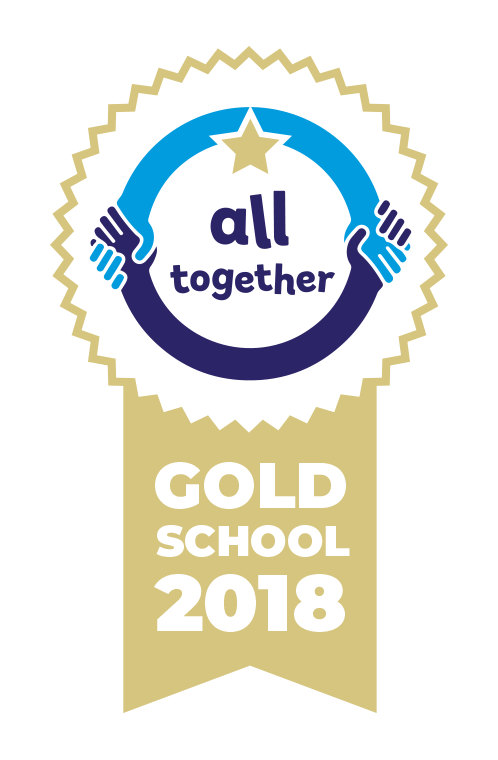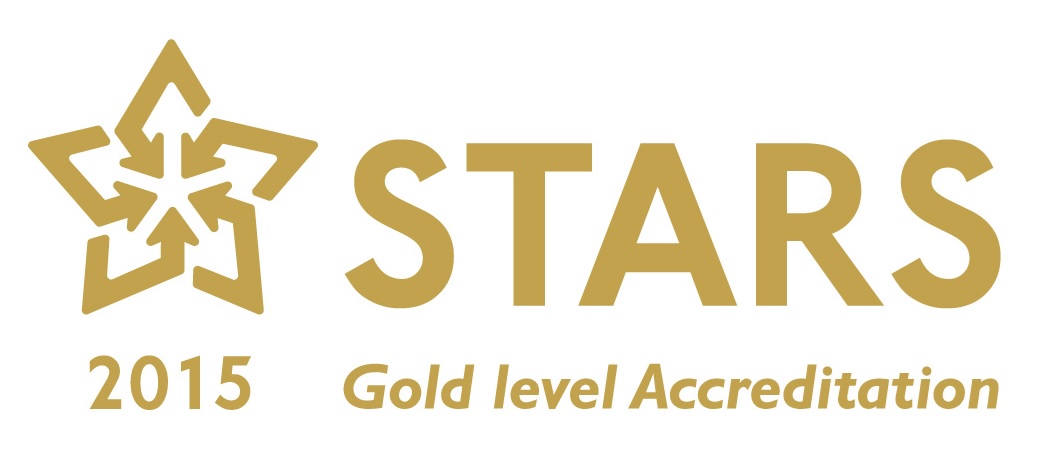Humanities
History, Geography and Religious Education
At Belmont Junior School we have adopted the Haringey Educational Partnership (HEP) Humanities Curriculum and we have adapted it where appropriate with additional resources, local trips and trips further afield. Additional supplementary materials come from The National Trust and University of Leicester, The Royal Geographical Society, The Historical Association, Hackney Council Black History resources, The Black Curriculum and Historic England.
Our curriculum ensures that the contribution of black people to British society throughout our history is recognised and celebrated. Our Humanities curriculum comprises two closely linked types of content: substantive content (the subject knowledge and resources) and disciplinary content (the skills and tools required). The curriculum is designed to build upon prior learning year on year.
Disciplinary Content
This is all that pupils learn about how knowledge is constantly renewed in the subject’s ongoing development, outside of school, by its practitioners (historians, geographers, philosophers, theologians, artists). It teaches pupils that the sum of our knowledge is not fixed, that it is constantly being tested and renewed, that there are standards of truth for such renewal.
In studying geography as a discipline, pupils will:
● collect, analyse and communicate with a range of data gathered through experiences of fieldwork that deepen their understanding of geographical processes;
● interpret a range of sources of geographical information, including maps, diagrams, globes, aerial photographs and geographical information systems;
● communicate geographical information in a variety of ways, including through maps, numerical and quantitative skills and writing at length.
In studying history as a discipline, pupils will:
● use the concepts of continuity and change, cause and consequence, similarity, difference and significance, in order to make connections, draw contrasts, analyse trends, frame historically-valid questions and create their own structured accounts, including written narratives and analyses
● practise the methods of historical enquiry, understand how evidence is used rigorously to make historical claims, and discern how and why contrasting arguments and interpretations of the past have been constructed
In studying religions through multiple disciplines, pupils will:
● learn about and learn from the different kinds of question human beings can ask about religious origins, beliefs and practices, namely questions that derive from philosophy, theology, social sciences and history (for example, when studying a particular religion in a particular place, asking the following different kinds of question: what are the big ideas that this religious community’s stories reflect (e.g. dharma); how are these ideas expressed in other stories and in diverse religious practices across time and space?


 Tel: 020 8888 8261
Tel: 020 8888 8261 office@belmontjnr.haringey.sch.uk
office@belmontjnr.haringey.sch.uk
